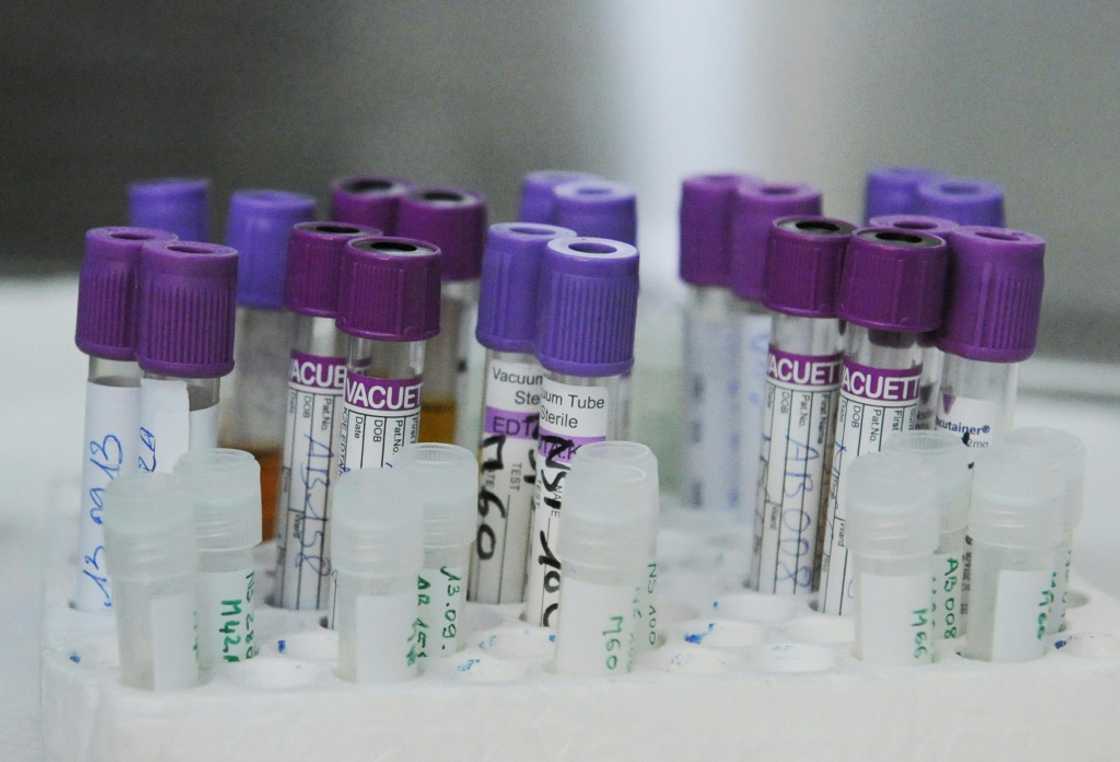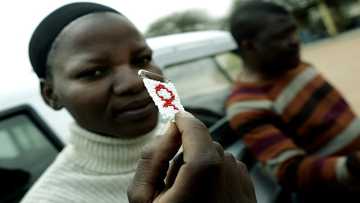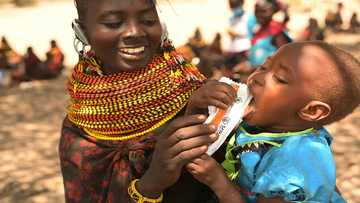Deal reached for generic drug to prevent HIV infection

Source: AFP
New feature: Check out news exactly for YOU ➡️ find “Recommended for you” block and enjoy!
A deal has been reached to allow for distribution of a low-cost generic version of a long-term preventative treatment against HIV in low-income countries where most of the world's infections occur, Unitaid and the Medicines Patent Pool announced Thursday.
The deal will see ViiV Healthcare, a subsidiary of British pharmaceutical giant GSK, allow selected manufacturers to produce generic versions of Cabotegravir LA, its long-acting pre-exposure prophylaxis (PrEP) treatment for HIV.
The deal will provide access to the injectable version of cabotegravir, which has been shown to provide two months of protection against infection, in 90 countries where over 70 percent of all new HIV infections occurred in 2020, said Unitaid.
"Access to an effective long-acting HIV prevention option could significantly contribute to the goal of ending HIV transmission and ending the epidemic by 2030," said Unitaid spokesman Herve Verhoosel.
"Efforts to increase access to Cabotegravir LA for PrEP will be especially impactful for groups that experience particularly high rates of infection, such as men who have sex with men and sex workers," he added.
Long-lasting cabotegravir injections only recently became available, and have been shown to be much more effective than an oral version that needed to be taken daily.
PAY ATTENTION: Follow us on Instagram - get the most important news directly in your favourite app!
But the cost -- the price of a year's treatment cost $22,000 in the United States earlier this year -- was an obstacle for widespread rollout in all but high-income countries.
'Top global priority'
The World Health Organization released new guidelines about cabotegravir on Thursday, calling for countries to work towards making the drug swiftly available for those in need.
"We hope these new guidelines will help accelerate country efforts to start to plan and deliver CAB-LA alongside other HIV prevention options," Meg Doherty, director of the WHO's global HIV, hepatitis and sexually-transmitted infection programmes, said in a statement.
The news comes one day after a new report presented at the International AIDS Conference in Montreal, Canada, that found the global fight against HIV has stalled from shrinking resources due to Covid-19 and other crises.
Some 1.5 million new infections occurred last year –- more than a million over global targets of fighting the virus.
"Long-acting PrEP could play a major role in ending the HIV pandemic, but right now, very few people can get it," said Adeeba Kamarulzaman, president of the International AIDS Society which convenes the conference.
"Scaling up affordable access to this game-changing prevention tool must be a top global priority," she said in a statement.
Unitaid is a global health initiative which works on ensuring equitable access to medical innovations in low- and middle-income countries.
The Medicines Patent Pool, founded by Unitaid and UN-backed, works to licence needed medicines for generic distribution in low- and middle-income countries.
New feature: Check out news exactly for YOU ➡️ find "Recommended for you" block and enjoy!
Source: AFP



